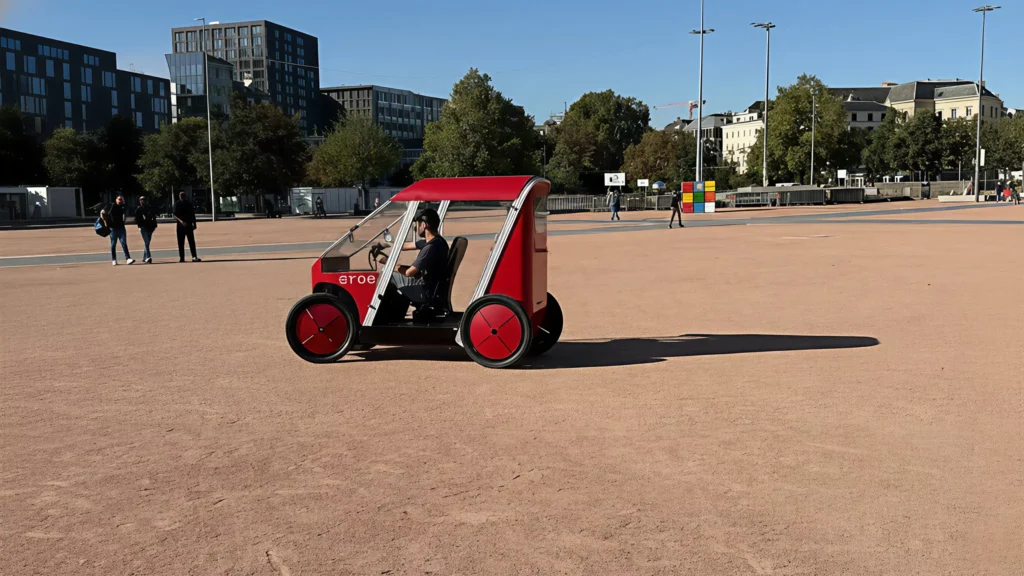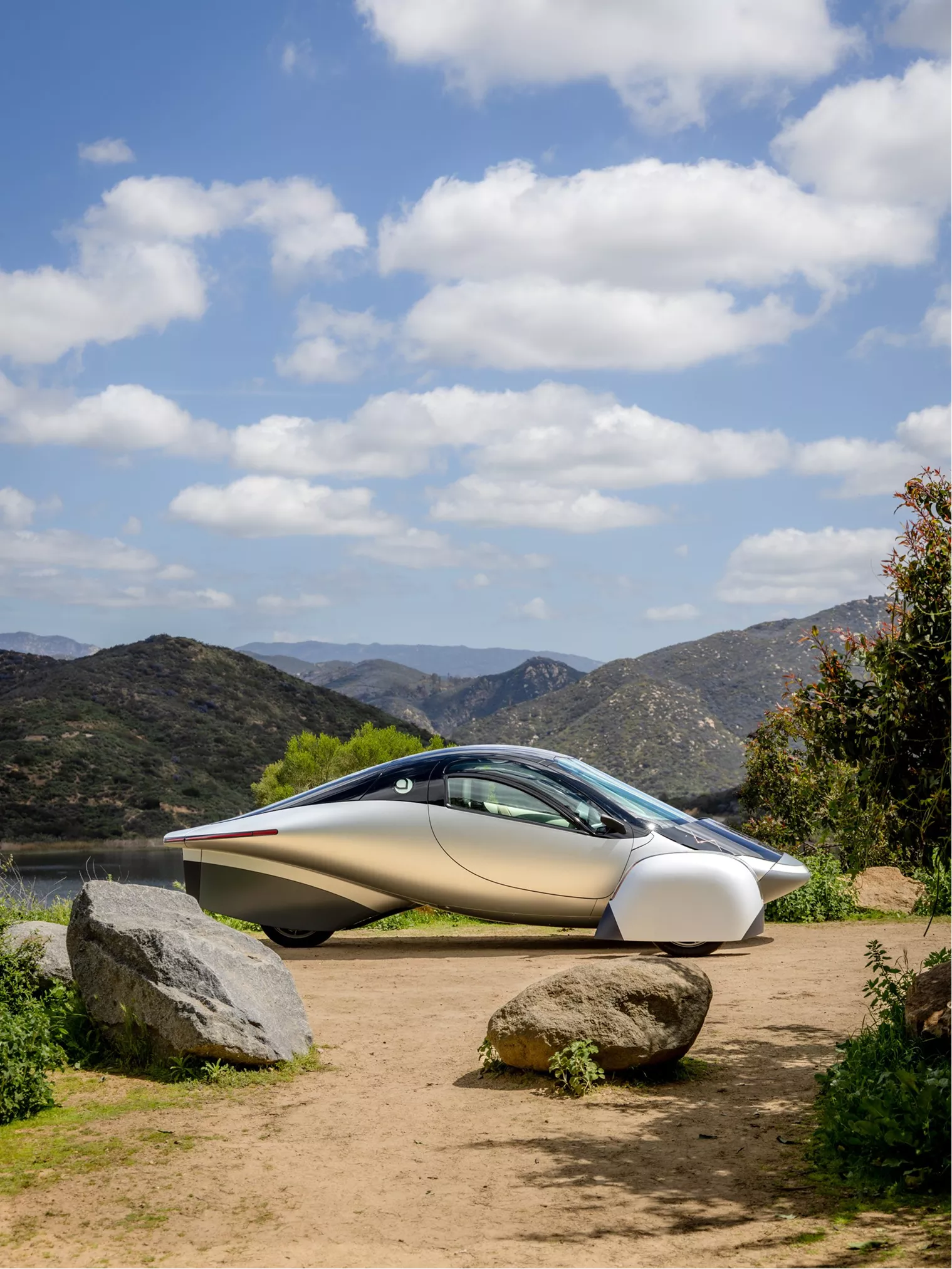






From EVs and batteries to autonomous vehicles and urban transport, we cover what actually matters. Delivered to your inbox weekly.

BYD is delaying the launch of its EV factory in Szeged, Hungary, pushing mass production back to 2026 and lowering its initial output plans. Instead of ramping up to its 150,000-vehicle annual capacity, the facility will start with production in the tens of thousands. The shift comes as the Chinese automaker reallocates focus and resources to a parallel project in Turkey, where cost advantages are proving decisive.
The delay in Hungary marks a challenge for Europe’s plan to localize more of the EV supply chain. The European Commission has tried to draw in non-European automakers, especially from China, to locate production inside the EU. Factories like BYD’s planned Szeged plant were meant to cut trade risks, create jobs, and speed up adoption of low-carbon vehicles in the region. Now, with capacity in Turkey advancing faster, much of that localized output may stay outside EU borders.
While Hungary still plays a role in BYD’s European blueprint, the company’s move signals it is being tactical, not sentimental, in where it scales production.
For regulators and local planners, the takeaway is that cost pressures are still trumping proximity when it comes to where global EV players assemble cars for Europe. Turkey’s labor advantage—combined with its growing industrial base—is becoming harder to ignore.
As geopolitical and regulatory headwinds shape EV investment decisions, a wider trend is taking shape: firms like BYD are designing footprints that balance tariff avoidance with labor and production economics across the broader European region, not just within the EU itself.
“`